21st of May a public and free course on public action
A masterclass how to demonstrate.
How to make a good rally? How to find a good theme and make the central slogans/ how to frame the solution? what is it what you want to achieve?
What to demand?
Key to this is:
Do not be reasonable/ demand what you go for ultimately!
so Saturday 21 st of may, on the Nieuwmarktsquare in citycentre amsterdam
strating at 11.00 o clock. check in with old clothes/ there will be talk/ thinking/ painting and live try out with audience to investigates what communicates best.
The nieuwmarkt has played a central role in citizensprotest in the seventies/ eighties.
Now it is time to make a new tradition!
come, it is for free- kids get a special task!
smart or wise?
Next Wednesday we will be giving a lecture in the program of the K.N.A.W. (the royal dutch academy of sciences) as part of the program De stad als kennis knooppunt (the city as knowledge hub). Together with historian Claartje Rasterhoff we will address the topic 'the creative city'.
The creative city is dead, long live the corporate city. Could we say that? Not if we want to mesmerize the audience and have them leaving with a big smile on their face. The creative city is another urban legend spread by entrepreneurs and civil servants. Creative city looks good as a headline for a congress. Nice on an invitation or book cover. But it is nonsense.
Creativity is not something found in other beings or object than humans. We are creative. We are the most creative alone, when faced with a challenge that doesn't need an immediate solution. We all have it, some excel in it. The ones best at it do it all the time and don't need any incentive. For others a deadline in the foreseeable future works. 10 minutes or so. And soft competition. Not a race, but a general presentation.
How does this apply to cities? Not. Cities are governed by rules and business. Creativity is not part of their core business. It is at best a tool they use now and again. It might be something they feel connected to. But neither governance nor business is dedicated to creativity as an end goal. Or motivated by it. Motivation wise control is a better candidate.
Was does motivate the creative? The creative process, the search, the feeling of finding something. It is much like sport. Of course professional athletes like to win. That is the rule of the game. The road to winning is pretty pleasant as well. Most athletes never win. They still keep doing it. The discipline of training, the feeling when training. The goal of winning is abstract, the process that gets you there is physical.
That the confusing part in creative city. It suggest that the process of creativity matters. Like when you would say the religious city. You would expect people to be called to pray. Creativity though is here defined as something that helps cities become more powerful and affluent. As an artist that feels completely wrong. As it would feel for the religious person seeing heathen cities use religion to increase their profit.
Sport, religion, art, science. Mix them somehow with ulterior motives and they lose their luster.. They are supposed to be honest, no cheating. They ought to be self motored in motivation and discipline. Sticking to the rules is its own reward. It makes them exceptional human qualities. To be cherished. Not used as mindless fashionable promotion. That is maybe smart, it is not wise.
word up!
Yesterday evening we were a guest in the Vondelbunker. A place that has hosted and celebrated subculture and resistance for the last 50 years. It was the monthly FAIR city monthly meet up. The Action Weekend of 28 & 29th of May drawing closer, practical things have to be organized.
One major issue was the slogan on the poster. Principles are one thing, but what is the catch phrase? 'Yes', we can' of course is one of the best. Could we come up with something as engaging, encouraging and moving as that? No we couldn't.
It seems easy: you have the ideas, the feeling, the conviction of how and what the FAIR city it should be. Narrowing it down though to what it is in a few words is difficult. The first problem is not to say what you don't want. Saying no is a breeze compared to saying yes. No bombs, easy, who disagrees. Peace! Well, immediately everybody is talking about the conditions of the peace itself and having fights over it.
Next obstacle: how to say Yes when you are used to No. In good direct democratic style we invited everybody to bring things to the floor. The right to the city, City not for sale, Stop the sale, save social housing. All of them valid and good points. They also show an underlying assumption: that you are not in power and implore those that are to change their policies.
When we skipped negative and tried positive all the slogans changed to a sentence starting with we. We demand/claim/own/want, a fair/open/flexible city. Some even added: back! referring to olden times. Not realizing that for the young this city is all they know. They don't want something back yet.
It started to get better. But still all kind of forms of appropriation crept in. Implicitly putting someone or something else in power. Confusing rhetorics for a independent platform. Why was it so hard to imagine ourselves as a force that is acting, not asking?
We, the people, have been domesticated into seeing ourselves as the demanding party. Not the ruling one. I scared the pants of two loyal party members by suggesting to get rid of representative democracy all together. But what next? they exclaimed: dictatorship, fascism?
Good question: what next? This is the challenge for our time. To come up with alternatives for individualism and consumerism and fear fueled obedience. It has to do with trusting our ability to come up with solutions that are not rules nor an open invitation to abuse. Non political opportunistic fairness.
After another half our of heated discussion we decided because we had to. What we agreed on?
WE WANT THE CITY. Word up!
free speech & free mediatime
Donald Trump is good for media business. His controversial statements about women, foreigners, Muslims, politicians, have led to an increase in viewers and therefore advertisement revenues for all networks. But especially for CNN. Good for them! They were in a rough spot viewer, is income, wise and are now doing fine.
Don't bite the hand that feeds you. Good advise, but it puts you a bit in the pickle when you're a journalist reporting on the elections. Being independent is the core of your professional ethics.
Not the only problem when reporting on the Donald. He lies a lot. About what happened where and how. As a journalist you can set the facts straight and criticize him for lying. But he doesn't care. Truth is simply not a concept he is bothered with. As long as he tells hís truth, he is fine. And so say his supporters. Truth? Fuck them, they're all liars.
It just goes to show that the role of the media as a controlling force in politics only works when the truth matters. In matters of the heart or the gut it is irrelevant if you are set straight. Worse, it even strengthens the paranoia that they are trying to silence you.
How to tackle the Donald? Play his game? Hoping that the people will get enough of it? Counting on the republicans to get another candidate in through the back door in july? Not report? Lie him into oblivion? Here we haven't found a remedy against Wilderism either.
It's just another example of the tiredness of the democratic system as we know it. The rules for fair play are out of the window. It is how you play the system, not how you honor it. I say let's get rid of it. When checks and balances are corrupted you do not need outrage, or outrageous leaders, you need a reset.
sue the media for silence
If the Parliament represents the will of the people, should the media represent the world of the people? Or should they present the world to the people? Tough call.
With eyes closed you know that the media present a world to us. It's not your world, or your neighbors world. It is exactly not that. It is a version of what we both fear and love the world to be. It is not representing anything as in 'after consulting the people this is what the world is'. It is not an educated guess either. it is appreciation based journalism. We see and hear and read what we say we appreciate to see and read and hear.
Media diet is lopsided though. Our likes are projected and on the basis or that more of the same is developed. It is like giving aftershave to your dad. It is not his favorite present, but once you started doing so it became the thing to give. Maybe he rather got socks, he just never said so. We are in a inevitable repeat version of what we once said we favored above something much the same.
In a way the news is old. The world we are presented is extremely state oriented. It is all about politics on a national or international level. What shapes our world, global companies, work, love, beauty, everyday democracy is hardly ever the focus of the news. Accidents far away, talks between people that supposedly represent us, celebrities, wars, this is where we are told should feel at home with. We don't, but who is going to tell.
And there the Belgian artist Jan De Cock stepped up recently and sued the media for damages. Art he says, is underrepresented. Every day we here about foreign strangers entering our country, but we never here anymore about our own cultural elite. Pure misrepresentation of the importance of art and therefor hurting to his art practice. Nice one Jan! We like it a lot. The playing off of the refugees against the cultural elite gives his complaint a strong absurdist touch. If it would only be about business the point would be lost.
Can we demand the right for representation of the world from the media as we do in democracy? Or is this position already lost long ago. Is media too big a business to take the risk to make reality part of the package? We should thank De Cock though. We know that the stories we are told by the media don't make up the world we live in. Do we think about it? Not really, you just accept it. Maybe we shouldn't.
Jan de Cock was by the way unanimously ridiculed by the media. Some of it sour comments, some of it is very funny:
LAISSEZ-FAIRE-LAISSEZ-PASSER
the complaint against the media of Jan de Cock
media : politics as truth : decisionmaking?
We have been watching a lot of House of Cards lately. In this series the couple Claire and Franicis Underwood first conquer the presidency and then try to hang on to it. Politics is dirty business the series suggests. Principles play no part in it. Only one thing is important: power.
Ofcourse the media play an important role in the battle for the White House. Leaking, scooping, reporting, investigating, it is like politics and media are doing this endless dance. The press is sometimes allie, sometimes enemy. But in general politics and media feed off each other to their mutual benefit.
Somehow the citizen is never part of the equasion. They vote. They watch. That's about it. To get them to vote for you or watch your tv channel pretty much anything goes. Truth, facts, ideals, they are almost irrelevant in this fight for the sympathy of the voter or audience. The citizen is a sap. Gullable, easy to fool. Sentimental. Short sighted.
It is only a series. The interesting thing is we enjoy it. We now, as citizens, share the point of view of the monarch. The Tyrant. We laugh when he is cruel, we are in awe when he is ruthless. We're not saps. We are kings too. Untill you put on the news and watch and listen. The scenario has somehow sensitized us. It all of a sudden sounds very fiction like. It alls sounds like spin. We feel more sappy than ever.
What is the role of media in politics. What is its core quality ? Truth you would say. At least, that is what the classic role of the press in democracy has: safeguard truth. Critical and relentless journalist dig up lies and present the real story. In a perfect world this unveiling leads to a demasque of the villain politician and democracy is saved. And yes, it does work like that. SOme times.
The underlying scenario though is that politicians lie and power corrupts. Honesty and politics can not be partners. That is troubling. We accept that we are fooled. Plus we accept that we are unable to find out about it, if it was not for the press doing the finding out for us. Somehow we also accept that true or false only works when you are really close to something. From a dIstance it is impossible to distinguish between story or fact.
Think of politics without press. Interesting thought experiment. It just illustrates how the one is the counterpart of the other. Now think of your own club or volunteer work without press. Size matters. Representational democracy is maybe not the best idea if you want truth or transparency...
to disagree...... how?
Circular production means a change in relation between producer and client. It No longer consist a buy and a guarantee and we're done. We will no longer be owner at all. No, it will be a lease for life. you will pay for the service. More or less like an Internet provider. You pay for the use, not the thing.
But if my new washing machine company is anything like my provider, it 'll come with certain rules. How many times you wash, which detergent you use. Of course your washing machine will know. The Internet of things!It will communicate with the clothing and choose its own program. If you want to wash your silk blouse on 40 degrees it'll probably refuse to.
Of course you can override its decision. But the silk blouse company will know to refuse your possible complaint. And that sending you an offer for a discount on silk blouses on your tablet will be apt. Not only the washing machine will be leased. The fridge, the vacuum cleaner, furniture and more durable clothing items are all happily chatting away.
Circular economy presupposes stability of income. Long term contracts. Missing a payment will be small disaster. All of a sudden you are depending on the banks leniency for keeping your clothes clean. And just like providers, missing payments come with a cost. Contracts cannot be undone easily. Plus, the washing machine will tell on you: it has perfect recollection how many times it has been in and out of your house. Marking you as a risk for creditors.
Probably your machine already saw it coming: less travel, less new clothes, less food. They probably would have sent you messages. Your credit card would have been blocked preemptively. Your washing machine would have shut down on you. People calling you with proposals for easy money...
Wow. From saving the earth all of a sudden we are enslaved to the neo-liberal economy. Well. We might. If circular isn't partnered with strong ethical codes it is hard to see it differently. Banks have no other ethics than making a profit. For now in circular there is no place for the precarious or poor.
The soft spot is exactly its forte: the long term lease. For things to be durable you will need an accompanying infrastructure. That means monitoring use, and stable government and financing. The ethics of non of them are compatible with humane decision making. Non of them are participative by nature. Non of them allows individuals to say no in a constructive way. You can not un-monitor yourself. You can only vote once every few year. You can only pay or be out.
If circular become the new normal, what happens with my right to say no? It maybe sounds silly, but it might be high time we think up more ways to disagree.
go circular in 1,2,3!
Circular is the new straight. Both in economy and in democracy. No longer the fast forward ways of simple exploitation. Now that the damage is done, climate change, plastic soup, it slowly dawns that maybe unlimited use is not the wisest course. Not if we as a species want to survive the next century, or maybe even outlive this one. The alternative conceptually is already there. Go circular. Do not take, make, waste. But take, make, take back & replace. Makes complete sense and is easy to understand.
But are we up to it? Circular thinking is a nice enough concept. But are we smart enough. Overseeing the consequences of our actions is what we, as a species, are notoriously bad at. It takes 25 years for the brain to develop the sense of responsibility and community we associate with being a citizen. Up till then its just me and impulses. No blame, just nature taking its course.
Does it get better with age? Not so much. Most people have difficulty making the right decision in complex situation. Even a simple supermarket discount can confuse us into doing the dumb thing. And leave us feeling smart. Somehow we feel we have good decision making skills untill reality happens and we just do something. Just to get rid of the feeling of indecisiveness.
Our attention span is short. There is something like the 3 second rule. The information that is gathered during this short time we are able to process consciously. We decide whether it is known and can be archived or needs to be dealt with. Good when you are in the wild, not good for circular considerations. We can see the future, but are hampered when being responsible for it in the here and know.
Circular production equals managing complexity. On the production side It presupposes manpower and time and technical know how. It requires stability of leadership and government. Long term investment and stable economies.
On the consumer side it requires discipline. Stick to the plan, not being impulsive. Accepting long term obligations. And restraint. Not wanting more and silly stuff. Preferring durable over impulse. In short, a complete overhaul of the ideal persona that is promoted by businesses today. Which is a larger than life young strong impulsive super connected super consumer. From Paris Hilton to Confucius you could say.
We need a different self-image on several levels. Out with independent and free. In with belonging voluntarily. In with spiritual capital, out with feeling in charge. In with control, out with anything goes. Out with me in with we. Sounds like an interesting overhaul. It is as well almost like denying who and what we have been for the last decades. And even how we are build.
For circular to work we need to start practicing fast in seeing ourselves for what we are: idealists with a 3 second window of opportunity. It would require constant reflection. The only other option is taking away the choice through control. Because in circular only philosophers or prisoners will survive.
democracy?
We're so used to our own form of government we think its normal. But is it? Democracy is a complex theme. What do we vote for when we vote..
democracy business
Form, function, quality, low price, sustainability, these are the criteria the democratic designs are made by Ikea. Nonsense categories of course. The term Form in itselfs doesn't mean anything. They probably mean a simple Swedish style form. Function, another cry in the dark. It doesn't matter. The whole concept democratic design is confused and muddled. But applied to democracty the concept becomes very interesting.
Can a democracy be designed? We, the fairies of FAIRcity, are in the middle of writing a manifest. The outcome feels now more or less like the IKEA criteria. Good words meaning nothing concrete. Because it is the choices made along the way that matter. Form is nothing, it is the designer choosing square or circular with this word in mind that decides if it is going to become a STORE or JULA. The other criteria, price, sustainablility, are applied as well. Her team members will criticise or encourage her. But in the end somehow Form will be the leading criterium. Why? Because it is design for people shopping for a nice object. The price and sustainability are team members. It is the designer in the client that does the choosing.
If Form is leading in design, what would be leading in democracy. We say FAIR should be. What does that mean? If I think of FAIR, it is a feeling. Not a fixed thing. In this aspect it is a bit like Form. You recognise it when its there. Not a very strong point in the democracy we are used to. That one is based on the same for everyone in any situation. Making exceptions is forbidden. You go to jail if you choose how to apply the rules of democracy. In theory of course, not in Holland.
What are we looking for when we use FAIR? Is it the fool proof recipe for the best outcome for the majority? Or is it exactly a design like process, where the best outcome for a certain situation is chosen? No fixed rules, only guidelines and circumstances. Or would that lead to corruption and rampant inequality? It all depends on how you see the end user of democracy. A self serving individual or a wise community minded person.
That's the risk of FAIR. It would require decisionmakers that have FAIR as a leading principle too. It is putting you faith in common sense. It is about trust. One would need to see a human being as a cooperator, not an egoist. As generous rather than greedy. Allthough it is a scientifically proven fact human nature is more social than selfish, it is the worst time ever to promote this fact. The image of human beings as greedy individuals that use democracy for claiming rights is omnipresent. Its representatives not shunned but hailed: Donald Trump, Geert WIlders, Dilma Roussef to name a few.
Plastic gardenchairs are everywhere. To the extent that they have replaced traditonal wooden seats in the jungle of Suriname. Does that mean that Form has died too? In our experience, no. Dering The project we did there was plenty of Form. It was just less apparent in daily life. Maybe not as striking as it used to be.
Maybe FAIR needs also to be practised to be possible.The manifest then shouldn't have phrases but practise too. If we see the end users of democracy as democrats rahter then clients we should make democracy ateliers. Where FAIR can be found through a hands on process. Just like the form of an Ikea JULA.
the vote, not the rest
We have the vote, but not the rest, was the comment from a Turkish writer on the quality of democracy there. The rest. Freedom of speech, freedom of belief, equality for the law, independence of the justice system. All givens in the Netherlands. How can our democracy still feel incomplete?
What is a FAIR city we asked our fellow FAIRcity enthusiasts on the public meeting yesterday evening. A lot of topics came to the floor. Form benches in the street to more complicated subjects like liberties political parties take when having the vote. what was interesting that topics like benches are easy to discuss, governance much less so. 'The vote and the rest' is strongly engrained in our minds as the maximum of influence and freedom we are entitled to. It is hard to demand more without feeling silly or radical.
But is 'the vote and the rest' enough? Is it really the summit of mount democracy? One visitor commented on the discrepancy between 'the vote' and 'the euro'. Money talks in Amsterdam and businesses are given much more influence than just a vote. It also happens under the radar. Decisions made on behalves of 'the economy' are hardly ever a political issue. They are neutrally called plans and are the result of private negotiations. Are presented as successes for Amsterdam economy, thus inherently good.
You feel it too? It is hard to even read that economic decisions should be under public scrutiny. In away it feels even unnatural. That's how confused we are. Because of course the FAIRness of a city starts with right of her citizens to participate in its making. Not only by a token vote on parties without any members that represent only a few percent of the population. That's close to fraud.
Noticed it again? Also disagreeing with the participative democracy makes you shift in your chair. What is the alternative? It appears to be too complicated, too big a task to change the whole system of how we are run. Suggested other solutions like direct democracy as practiced by the occupy movement seem silly and laborious at least. You also wouldn't want hard core socialism. So what else?
This is exactly the task at hand. Thinking up alternatives. Discussing if 'the vote the rest' covers real democracy. But the most important thing: taking the first step. Getting used to the idea of that an alternative is possible. And you are entitled to practice it. Not for you. For democracy.
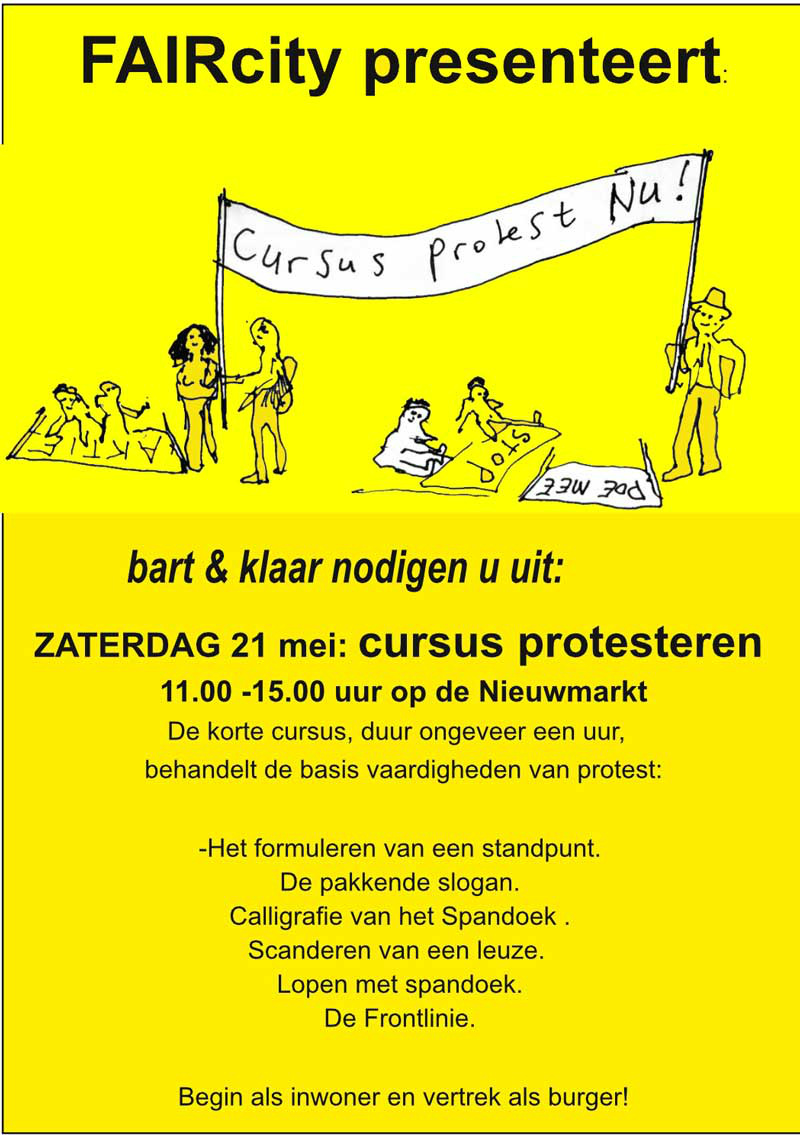
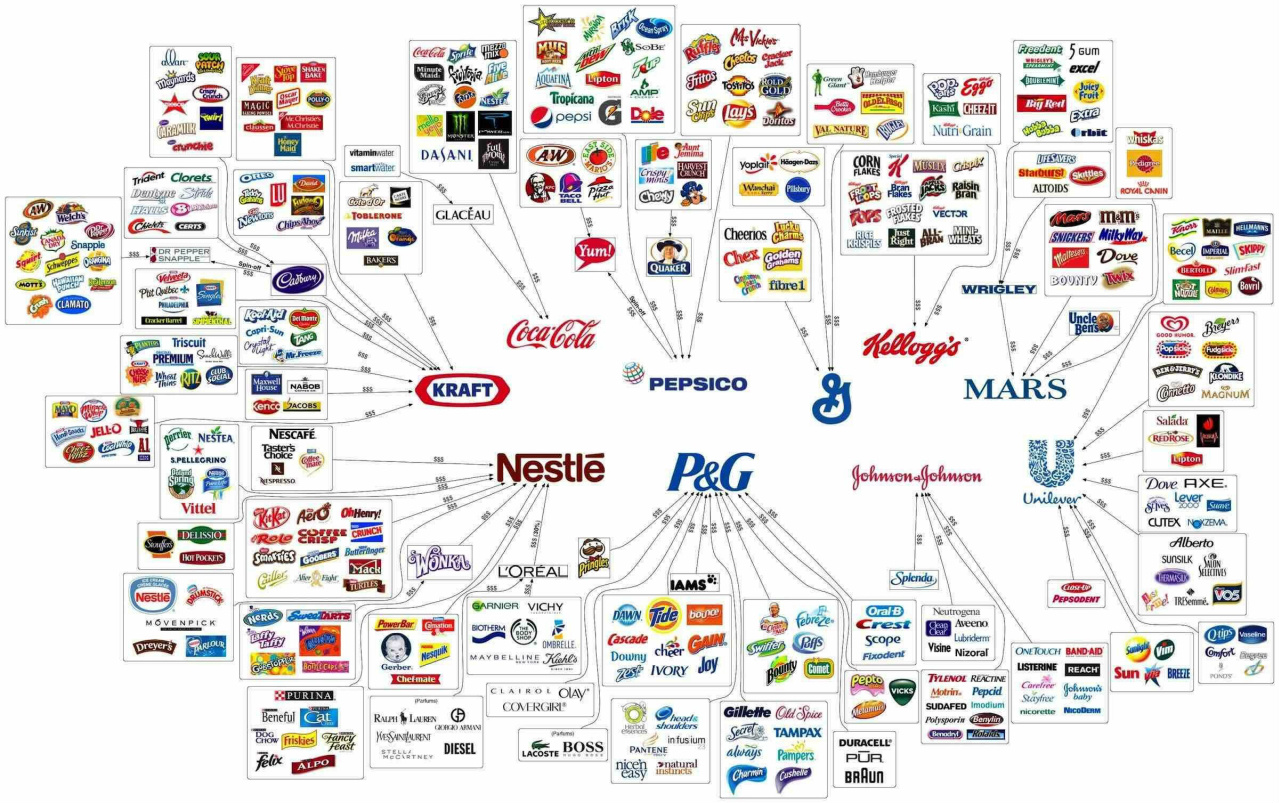
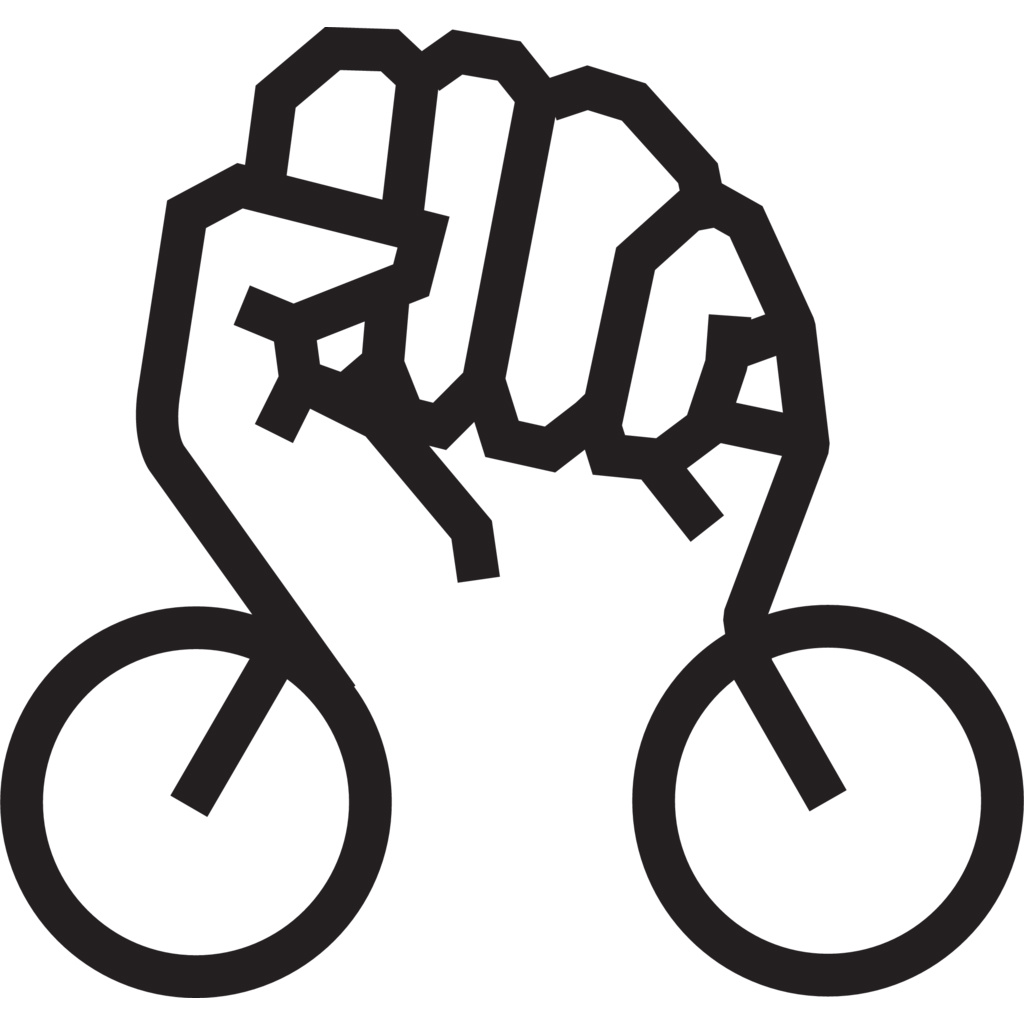
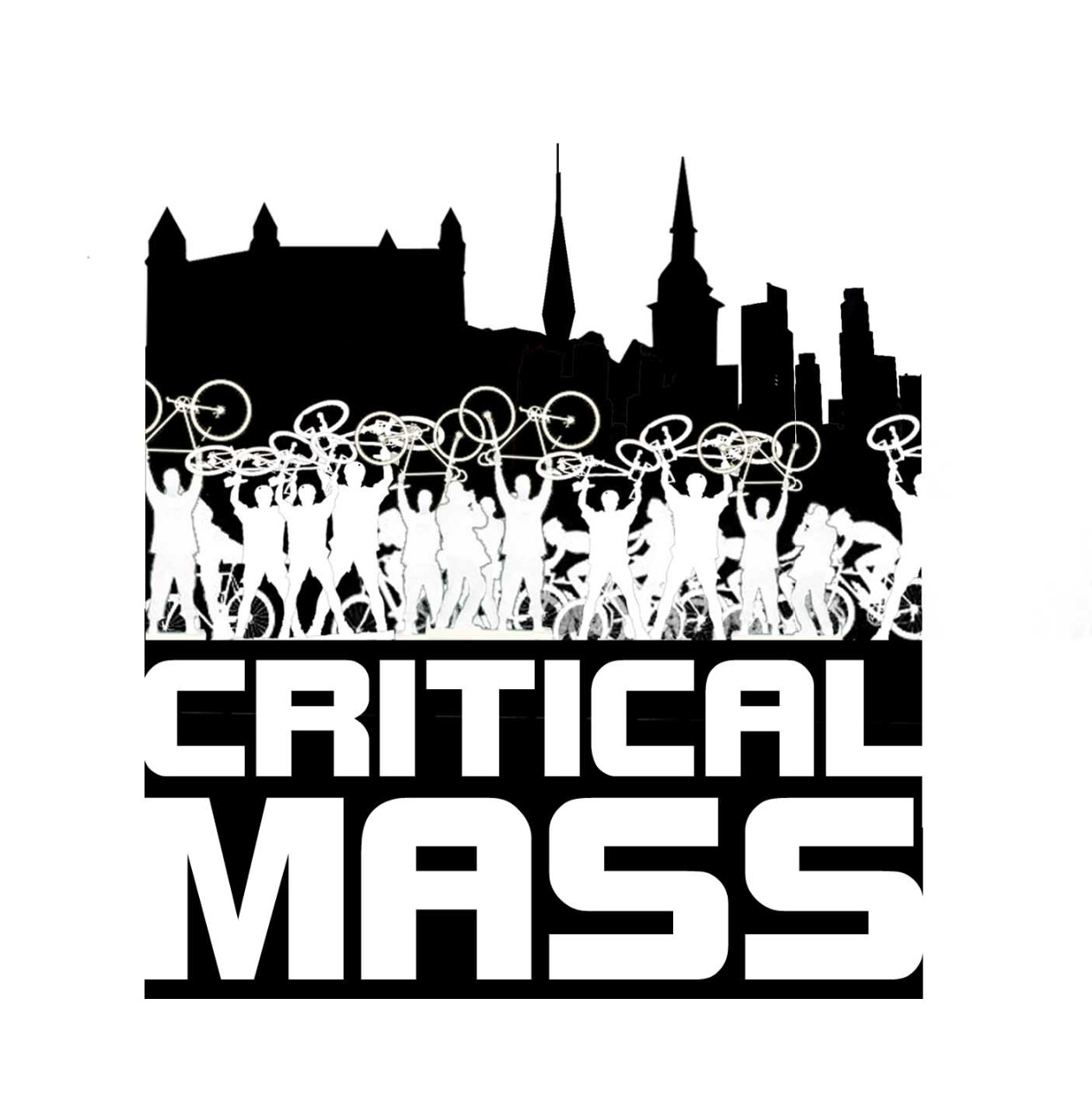
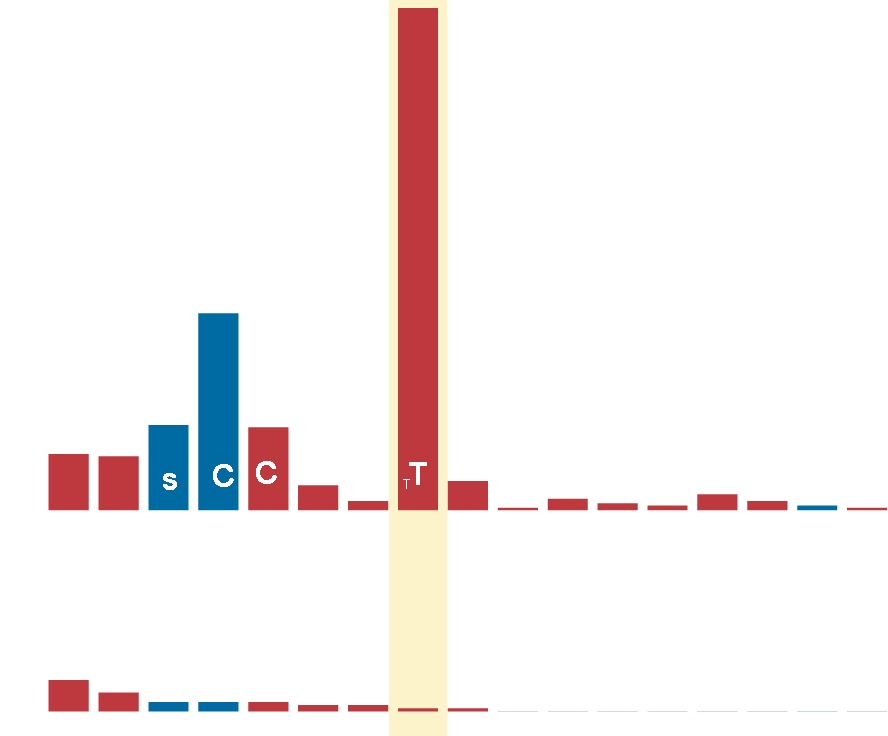
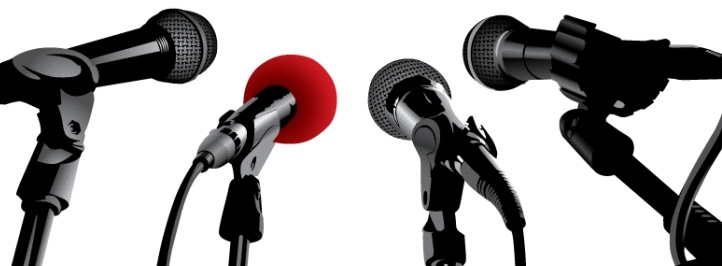
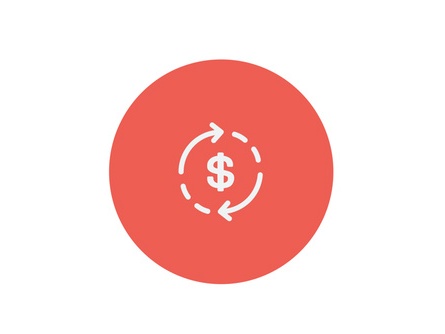
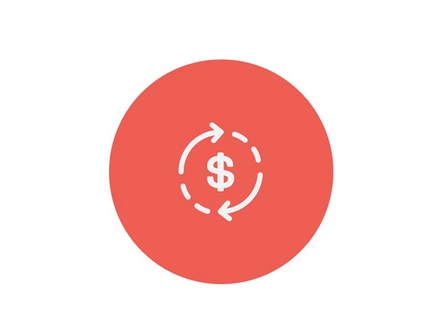
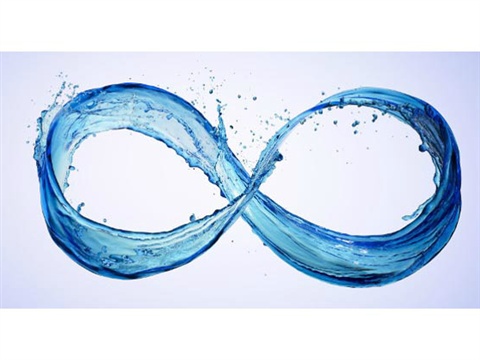
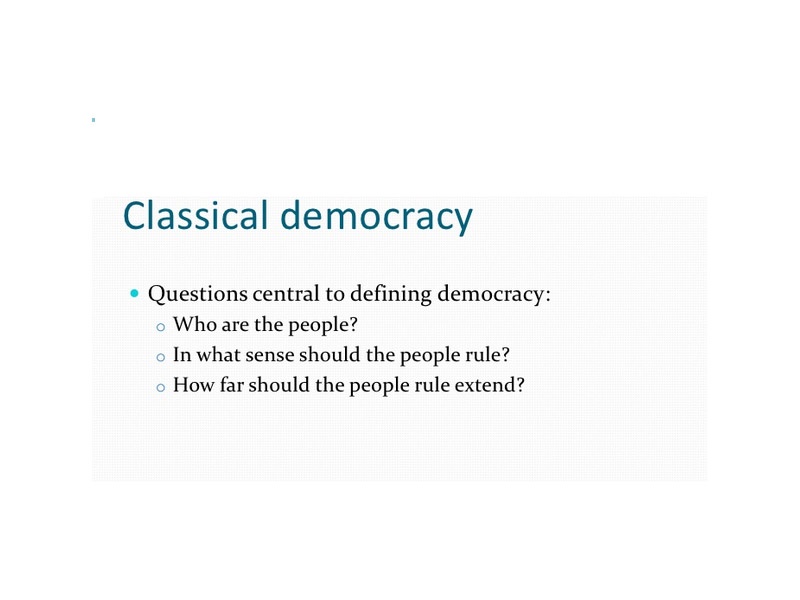
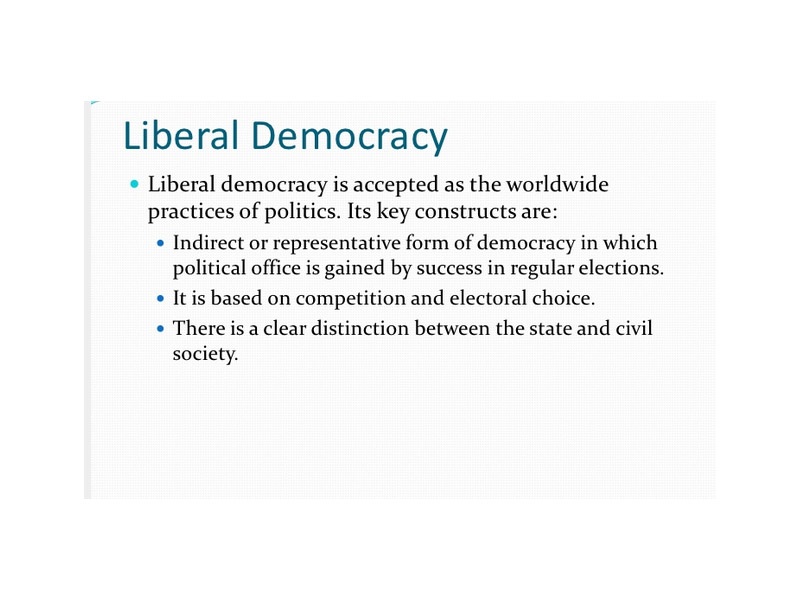
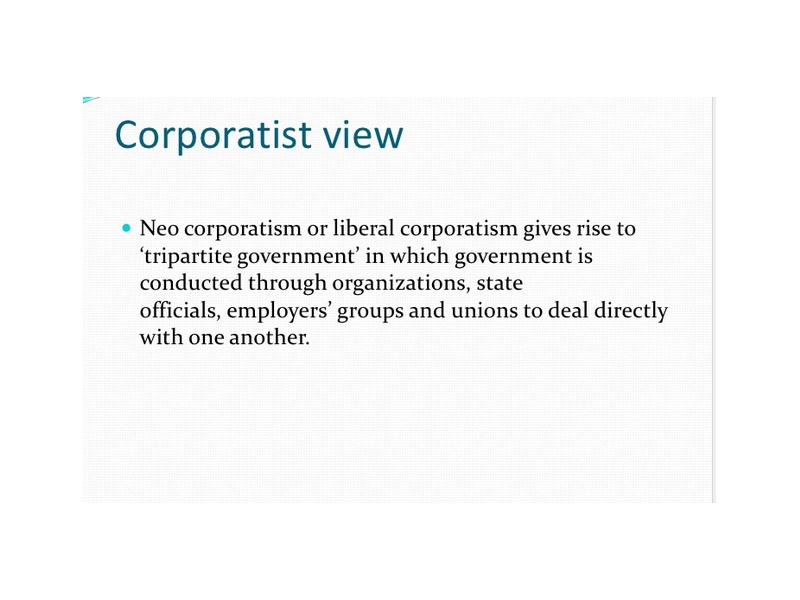
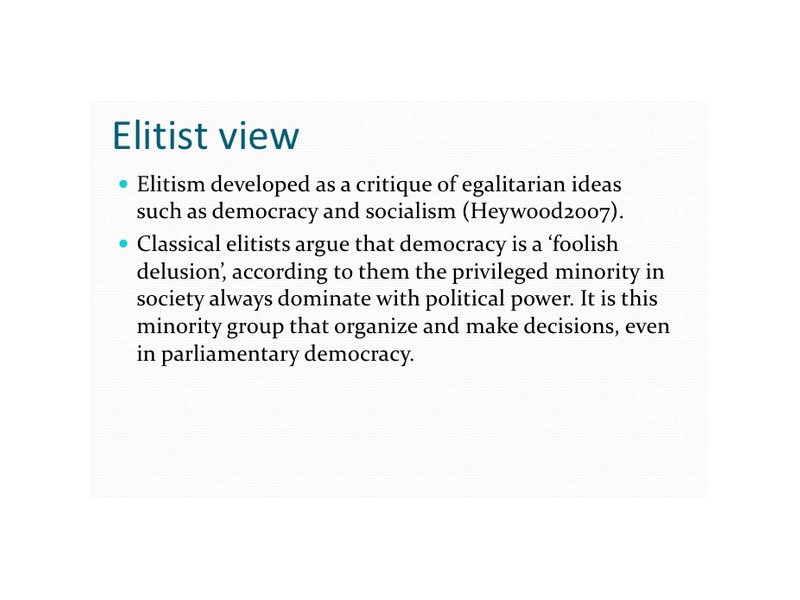
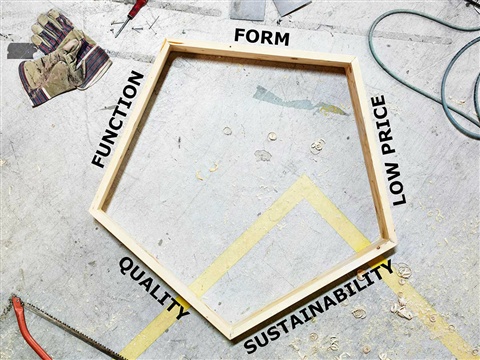
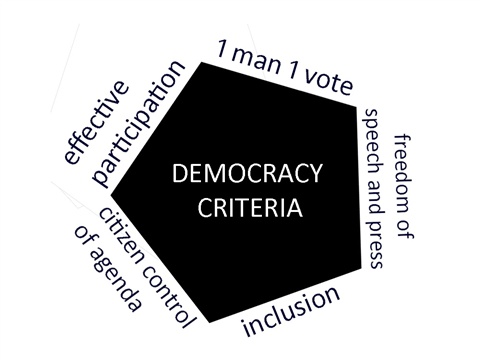
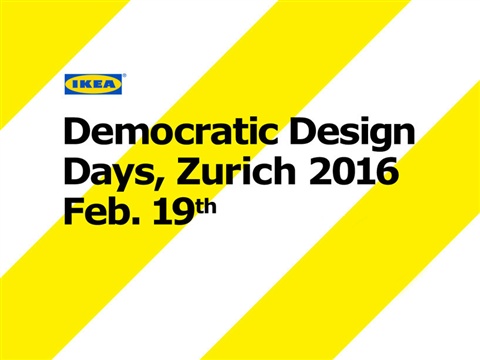
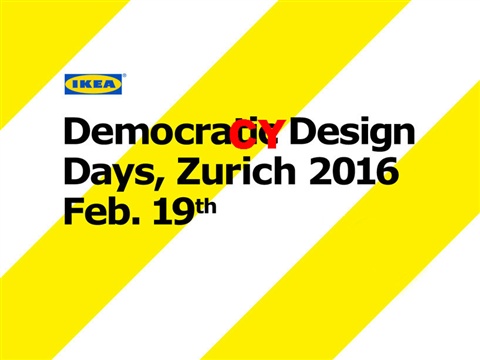
Meest recente reacties
ik zou graag illen weten wie de oudste geborernde in levenzijnde mogonees is
Dag Bart en Klaar!
Wij hebben jullie ontmoet bij de radio uitzending Kunst is Lang.
Ik vroeg me af hoe ik met jullie in contact kan komen in de toekomst! werkt het op deze manier? groet Eva
super trip for you , thank you beri beri much four sharing with us fans.....many greetings and best wishes to you and your loved ones...

Beste Bart en Klaar, Ik verblijf nu op Moengo en ik vroeg me af waar jullie je informatie over stafdorp en happyland etc vandaan hebben gehaald want daar zou ik graag nog meer over lezen! Alvast dank